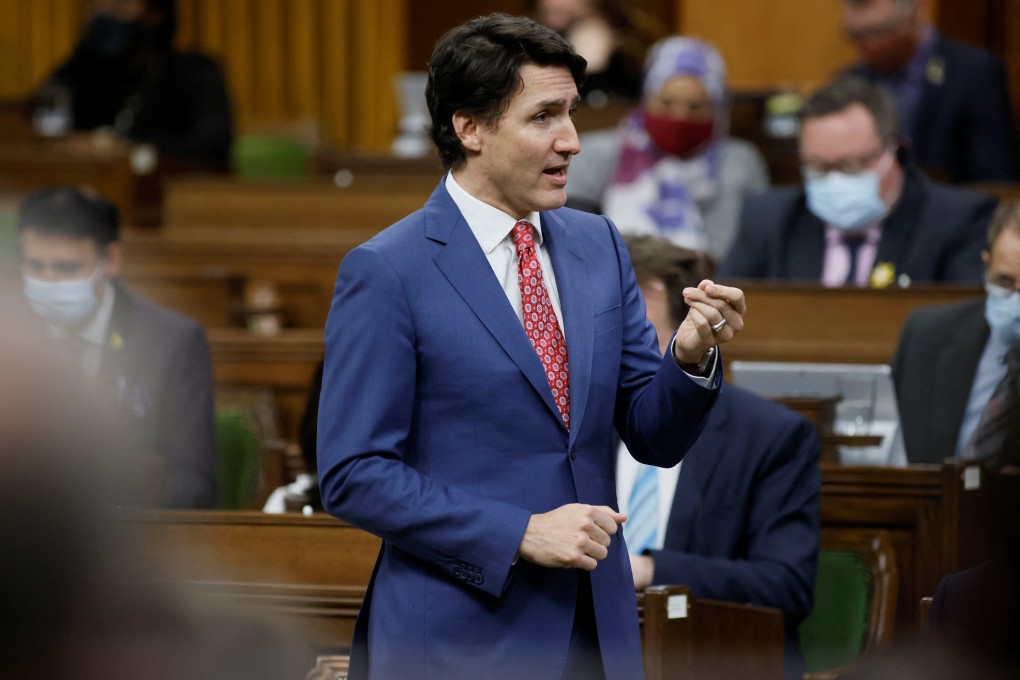My Take | Canada and the US should not try to play Robin Hood
- Redistributing seized foreign assets for causes the two governments deem worthy not only weakens the basic right to property and ownership, but also sets a bad example for other countries to follow

It’s one thing to seize a country’s assets as part of a sanctions regime; it’s something else to redistribute them for whatever purpose. The latter is confiscation, which raises serious questions about breaches of fundamental property rights. It’s financial warfare gone amok.
Canada has announced it will change its sanctions law to allow for seized or sanctioned foreign assets to be redistributed as compensation to victims or to contribute to a third country recovering from war.
Ottawa has sanctioned more than 1,100 Russian individuals and companies. It’s not clear how the proposed measures, which are almost certain to pass in parliament, will distinguish between Russian state assets, individual properties and company assets, as many of them have complicated or hidden cross-ownership.
The move by Ottawa follows a similar measure by US President Joe Biden, who signed an executive order that could split US$7 billion in Afghan funds seized in the United States into two portions – half for humanitarian aid to the country and the other half to compensate victims of the September 11 attacks.
Since Canada and its allies have professed to be only against the Russian government, not the Russian people, confiscating state assets that by definition belong to its citizens is at least self-contradictory. What is even more breathtaking is that Ottawa thinks it’s in a position to dispose of those assets as it sees fit.
It is the same with the US, but on an even greater scale. It’s not humanitarian aid when the money belongs to the Afghan people, many of whom have been suffering from extreme poverty and even near famine under crushing US sanctions and economic isolation. The fact is that American victims of the September 11 attacks have already been compensated, collectively, to the tune of billions.
